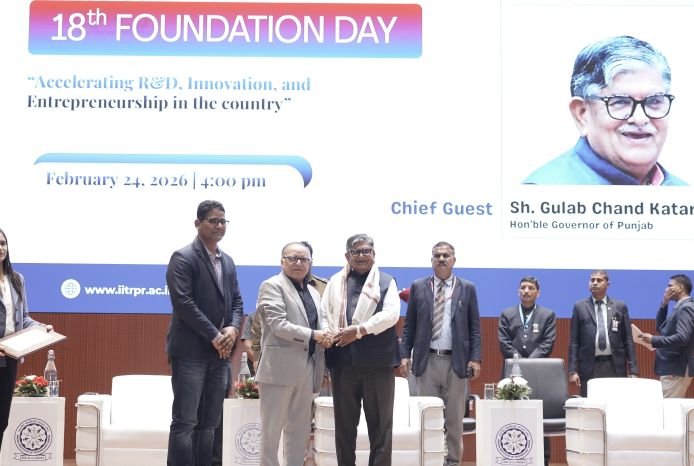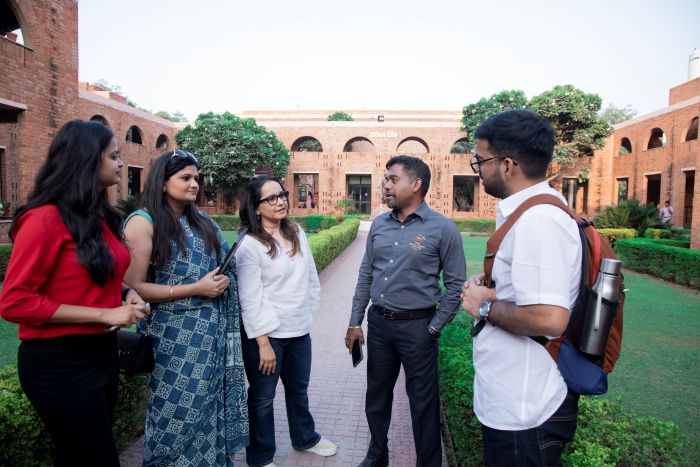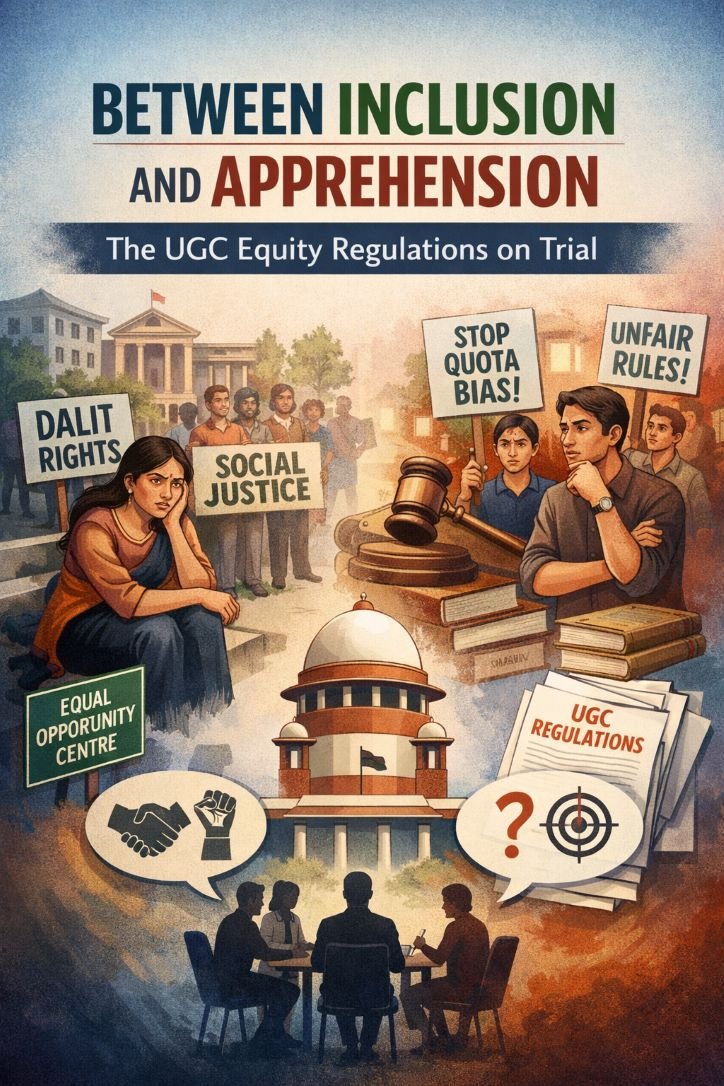
India should strive to create a student-centric K-12 ecosystem which emphasizes critical thinking and concept-based learning, moving away from rote memorization to become one of the world leaders in education — helping shape capable citizens of tomorrow. Further, values of inclusiveness should be imbibed within the students to develop citizens of tomorrow. Measurably India should attain PISA ranking within the top 10 countries from the current ranking of 72 and reach >95% graduation rate of relevant student cohort from academic and vocational high schools in 2047. This is part of a report prepared by FICCI ARISE – EY Parthenon, which was released during the 5th FICCI ARISE School Education Conference 2022 held on December 10 in New Delhi by Sanjay Kumar, the new secretary in the Department of School Education & Literacy, Ministry of Education.
Such targets can be achieved with the implementation of 5 five-year plans over the course of the next 25 years. K-12’s Vision 2047 and re-humanise school education, it is essential that India has focussed areas with strategic plans for reform. The plans are centered around four strategic pillars – student centricity, robust infrastructure, quality teaching and professional development, and governance and investment framework. To meet the objectives of outlined in the five-year plans, the report outlines the challenges that India faces in each of the focussed areas, and the ‘key unlocks’ to meet the objectives.
For the development of the K-12 system, stakeholders must focus on building a high quality learning environment for every student. It is thus necessary to overcome the current challenges of low GER in higher grades, shortage of well-qualified teachers, limited internet facilities, and complex regulations for setting up and operating schools. To enhance the current K-12 ecosystem in India, the report proposes to focus four key pillars.
Student Centricity: 1. Ensure uniform access to quality development, care and education. 2. Create clear academic and career pathways for vocational education. 3. Overhaul the curriculum to make it more enquiry-focused
Robust Infrastructure: 1. Ensure provision of basic digital tools in government schools. 2. Develop and provide standardized technology platform solutions to schools at low cost. 3. Consolidate government schools for effective fund utilization.
Quality Teaching and Professional Development: 1. Dedicate initial fund of INR 1,000 crores for teacher training. 2. Build innovative policies that allow private teachers to collaborate and train government school teachers. 3. Develop expertise to set global standards in teacher quality
Governance and Investment Framework: 1. Make RTE act more outcome-focused. 2. Allow private schools to become for-profit institutions. 3. Provide flexibility in land area and ownership requirements. 4. Explore unique PPP models, such as hub and spoke model, etc. 5. Develop a student centric ecosystem Develop robust infrastructure Ensure quality teaching and professional development Reform the governance and investment framework
The report also highlights the tangible targets for next 25 years through proper planning. It highlights that dummy schools need to be discontinued besides ensuring basic infrastructure (electricity, water, etc.) across 100% government schools. Conduct quality teacher recruitment to achieve a STR of 1:15 in primary grades and 1:20 in higher grades. Ensure 100% access to digital learning tools such as AR/VR headsets, tablets, etc. across all schools. Ensure 100% student enrolment in relevant vocational courses in Grades 6-12. Ensure migrant learners in Indian K-12 education grow to 1.5 to 2 lakhs/year. Build global capabilities measured by an increase in digital skills possessed by students and teachers. Maintain repositories with 80 to 90% of subject matter in new-age and innovative digital formats.








